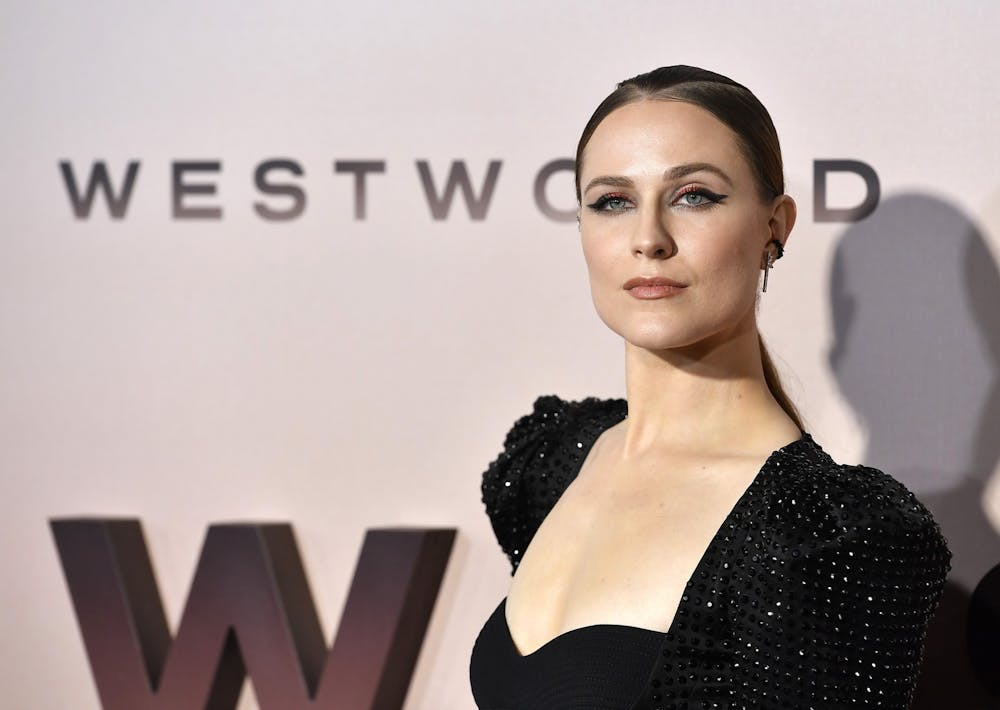Now, I’m well aware that the complexity of “Westworld” is one of the most considerable barriers to entry. I’ll concede that it may sometimes seem as though creators Lisa Joy and Jonathan Nolan make the storyline of the show intentionally convoluted merely to mock audiences.
In fact, they’ve even admitted it.
“We always love fucking around with audiences’ expectations and our expectations of the pace at which a narrative kind of unfolds,” Nolan said in a behind-the-scenes look at one of this season’s episodes.
This cheeky subversion of expectations is part of what makes the show so exciting to follow.
Multiple times the show has completely turned itself on its own head, with twists and surprises that would grind other shows to a halt. But the show’s exquisite screenwriting drops ever-so-subtle hints that make them feel earned instead of leaving viewers confused.
The characters on “Westworld” are also unbelievably well-developed.
The themes of morality are communicated through the struggles of the android hosts and their human counterparts, with the former struggling with how to atone for the latter's sins.
Though there are clear-cut heroes and villains, most characters are too complicated to pin down as merely being “good” or “bad.” Even the most reprehensible characters, like “The Man in Black,” played by Ed Harris, are made relatable by their humanity and vulnerability, which is further emphasized by the spectacular performances delivered by the show’s powerhouse ensemble.
Evan Rachel Wood is a standout talent, and her beautifully layered performance as the robotic protagonist, Dolores Abernathy, somehow gets even better as the show progresses. Thandiwe Newton also steals the show as the cunning, hyper-intelligent Maeve Millay, quickly becoming a fan favorite and retaining that status throughout the show's run.
Veteran actors like Harris, Jeffrey Wright and the legendary Anthony Hopkins deliver once-in-a-lifetime performances. And the show’s cast adds even more talent in later seasons, with Tessa Thompson and “Breaking Bad” star Aaron Paul gracing the show with powerful performances of their own.
The emotional rollercoaster put together by the show is set against arguably the most aesthetically beautiful background ever put to film.
The colossal production budget is put to great use, with everything from the set design, costumes and beautiful cinematography creating an atmosphere as immersive as it is stunning.
To get the day's news and headlines in your inbox each morning, sign up for our email newsletters.
The music from Ramin Djawadi, who's best known as the composer for “Game of Thrones,” helps the show maneuver through sequences of action, romance and introspection effortlessly.
But the best thing about "Westworld" is the themes that drive it – humanity and the consequences of people’s actions.
Though it can easily be interpreted as solely being a cautionary tale about unchecked ambition or a “Black Mirror”-esque dystopia of technological horrors, “Westworld” does the Herculean task of capturing the nuance and ultimate subjectivity behind our concept of morality.
It also, for all its bleak implications and frightening forecasts of our future, shows us that, even when times are at their worst, humanity is still capable of working its way back and achieving its very best.
Its appeal for hope, a summation of humanity’s struggle to maintain optimism, is best summed up in its pilot… by a character that isn’t even human.
“Some people choose to see the ugliness in this world, the disarray,” Dolores says. “I choose to see the beauty. To believe there is an order to our days. A purpose.”
If only it were that simple...
@guimolero
opinion@dailytarheel.com



